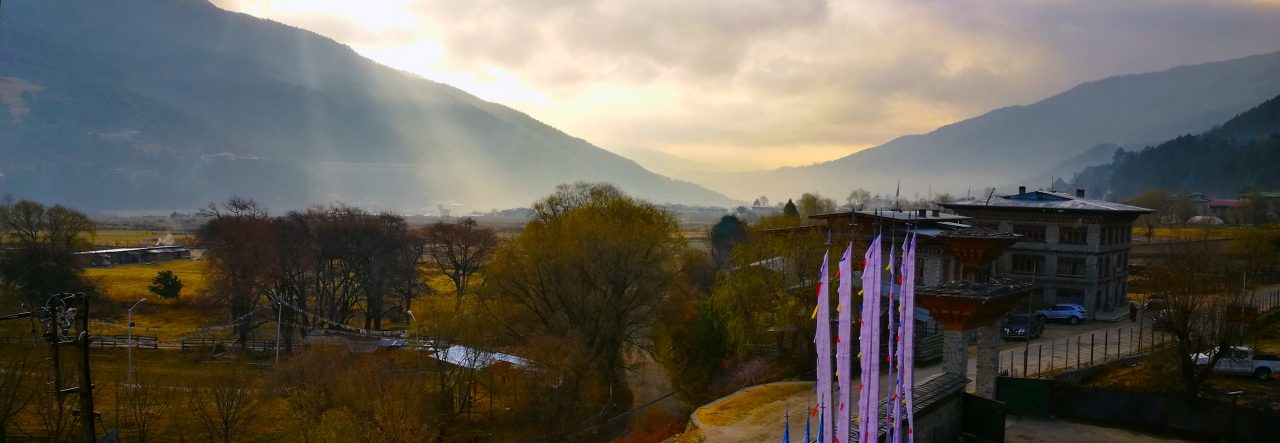(My opening statement as the moderator for the panel on curriculum at eduTALK 2021)
LET ME START by telling a story. As a former journalist and a filmmaker, storytelling is what I do best to illustrate an argument.
In 2016, when I left for Macau for my postgraduate studies I just had a small suitcase with maybe 20 pieces of clothes. Although I was going for 4 years, one small suitcase was enough because I had been to Macau before and I knew what I needed, or what I wanted there. I am sure everyone will agree that when you go on a trip and you don’t know what you need, you tend to overpack. Sometimes half of what you have packed is never used.
This brings me to the first point. When it comes to curriculum or what we want from the school education, do we really know what we need? Have we not over-packed our curriculum baggage with things that we may never use or are not relevant to that journey? Isn’t there a curriculum overload?When I was teaching in Sherubtse I used to joke that we have so much unnecessary stuff that our children have no time to learn the essentials – like reading or writing. I was not just kidding but I had to take weekends classes to teach grammar and writing. Ask any of my former students.
Second point, every time we talk about the quality of education all eyes are directed at curriculum only. We saw Shakespeare being thrown out – and then reinstated, REC being pushed around, CAPSS being transferred, relocated and renamed. I am sure anyone who follows the development in other countries would have heard that the best education system in the world, which is Finland, has done away with curriculum a long time back. I have been to Finland, not on a government-sponsored study tour, but at my own expense. In the several rounds of meetings at the University of Helsinki, what I discovered was that they invest everything in teachers education and training and then leave to individual schools and teachers to design what to teach. Have they messed up? Well, in 2016, the European Patent Office, which certifies and grants patents for inventions and innovations, has declared Finland the leading country in the world for the fourth consecutive year.
Third, these days it has become fashionable to put the “21st century” in every document we produce. Personally, I don’t believe there is such a thing as 21st century skills or knowledge but just to go along and follow the herd-mentality once in a while, what does a 21st century curriculum look like. A bit of Lord Google gives me words and concepts such as: not text-book driven or teacher-centred, but thematic, project-based and interdisciplinary. Skills and content not taught but self-learnt through research and application. Finally, knowledge is not memorisation of facts and figures but something constructed through addressing real-world problems.
On the first day, we heard several speakers making proposals to define the purpose of public education. One was to achieve economic excellence through harnessing the human potential; the other was to replicate the traditional monastic education model towards actualising the innate human potential. Two different choices both aimed at harnessing human power and not just hydropower. It need not be, however, a choice of either or – but rather an invitation to embrace both.
So the million dollar question: How does a 21st century curriculum look like, to deliver these ambitious goals and purposes of education.

